
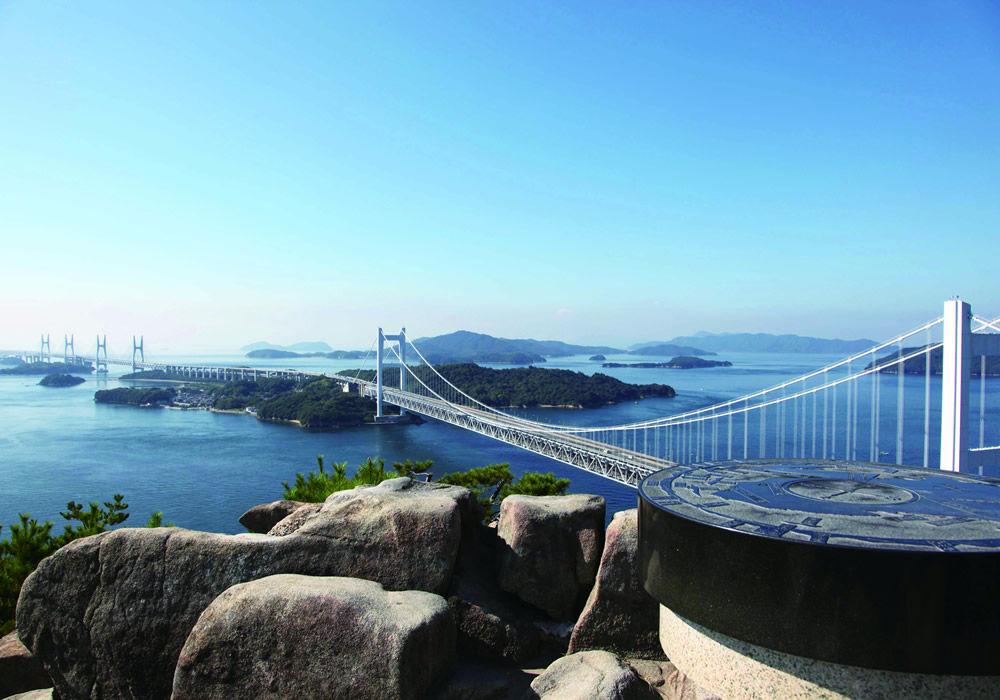
There is an observatory where you can enjoy the serene beauty of the Seto Inland Sea with many islands and the magnificent scenery of the Seto Ohashi Bridge connecting Honshu and Shikoku.
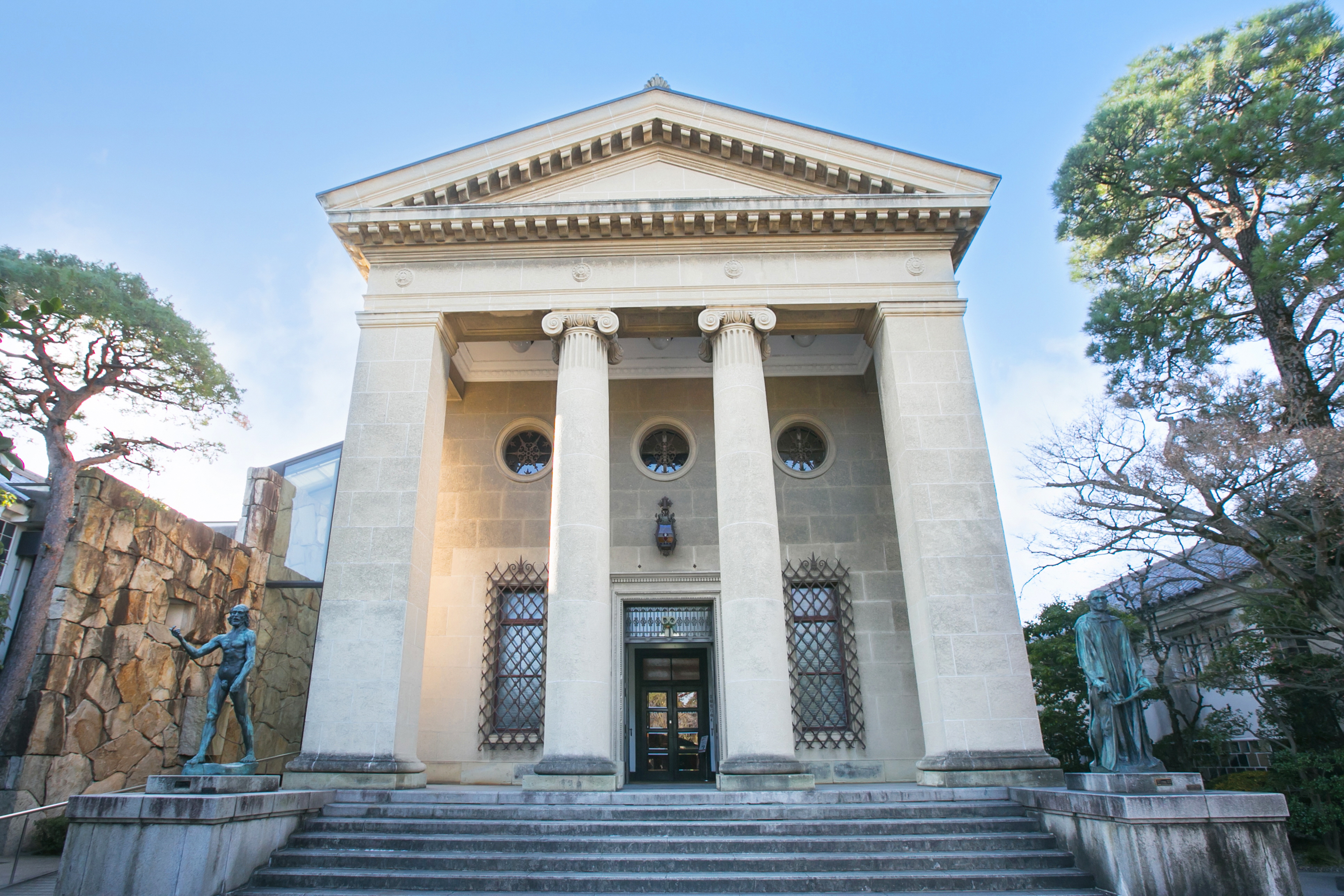
The first private museum in Japan to feature Western art, the Ohara Museum of Art exhibits precious works such as “The Annunciation” by El Greco, “Water Lilies” by Claude Monet and many more.

Connecting Okayama and Kagawa Prefectures, the Bridge is the first among the three Honshu-Shikoku Bridges, opened on April 10, 1988 (Showa 63).
The Seto Ohashi Bridge is a combined road-rail bridge made up of several bridges across the middle of the Seto Inland Sea with many islands.
The scenery of the range of the world-class bridges, such as the suspension bridges, cable-stayed bridges, and the truss bridge, is spectacular.
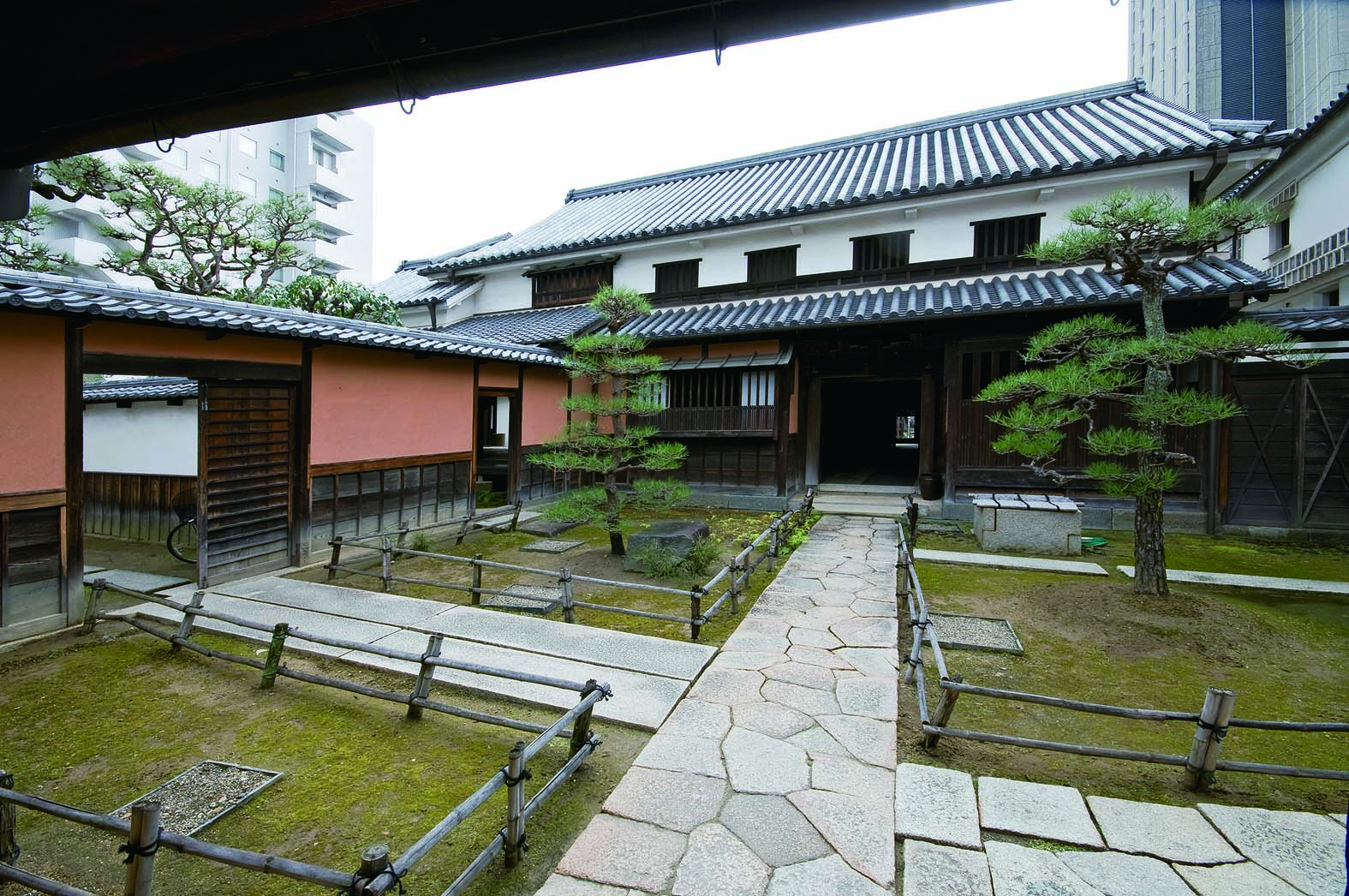
The Ohashi-ke House is one of the traditional representative townhouses in Kurashiki, designated as a National Important Cultural Property.
The house is impressive for its stately construction with a nagaya-mon row house gate, Kurashiki windows, and Kurashiki lattices, retaining an appearance of an old merchant house.
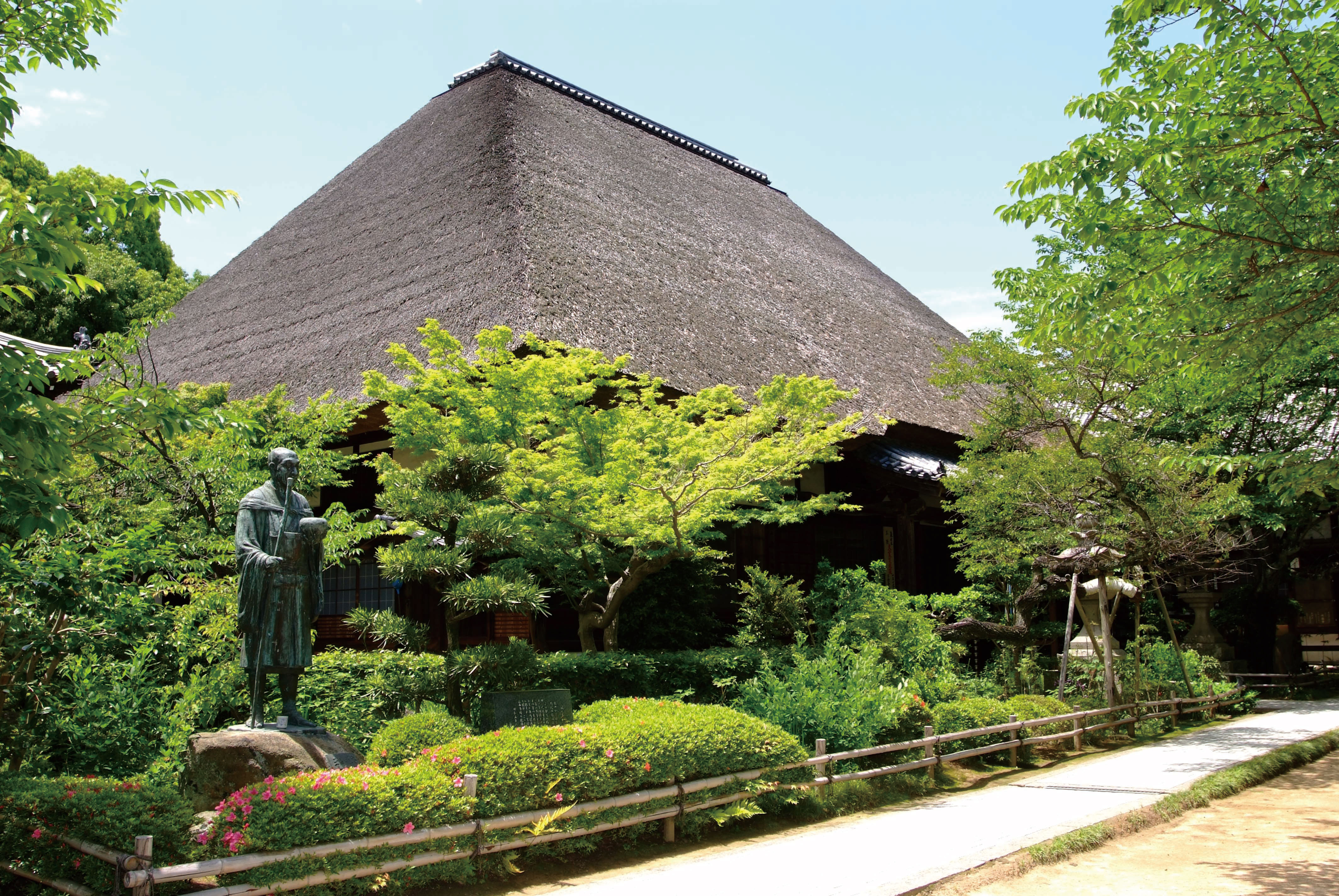
The old Soto Zen temple, located on a small hill, is known as the temple where young Ryokan, a famous Buddhist monk in the Edo Period, trained.
You can enjoy the flowers of the four seasons in the adjacent Entsuji Park and in the temple precincts, where a rock garden and solemn buildings with a thatched roof are arranged in a beautiful manner.
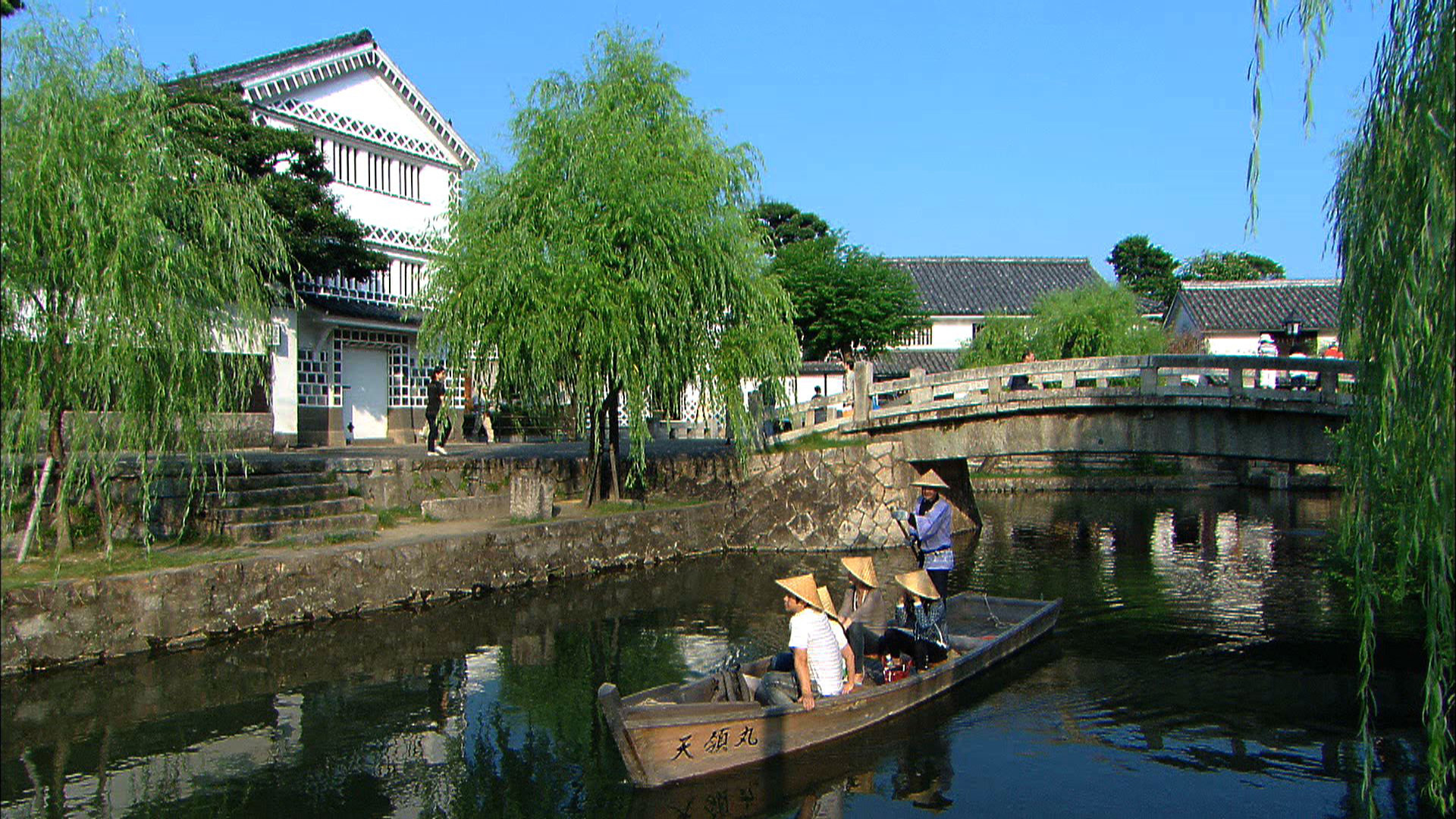
While boarding a relaxing Japanese-style boat, you can enjoy the traditional atmosphere of the town, such as the bank of the Kurashiki River lined with white-plastered storehouses with namako-kabe walls, lattice-windowed townhouses, and willow trees.
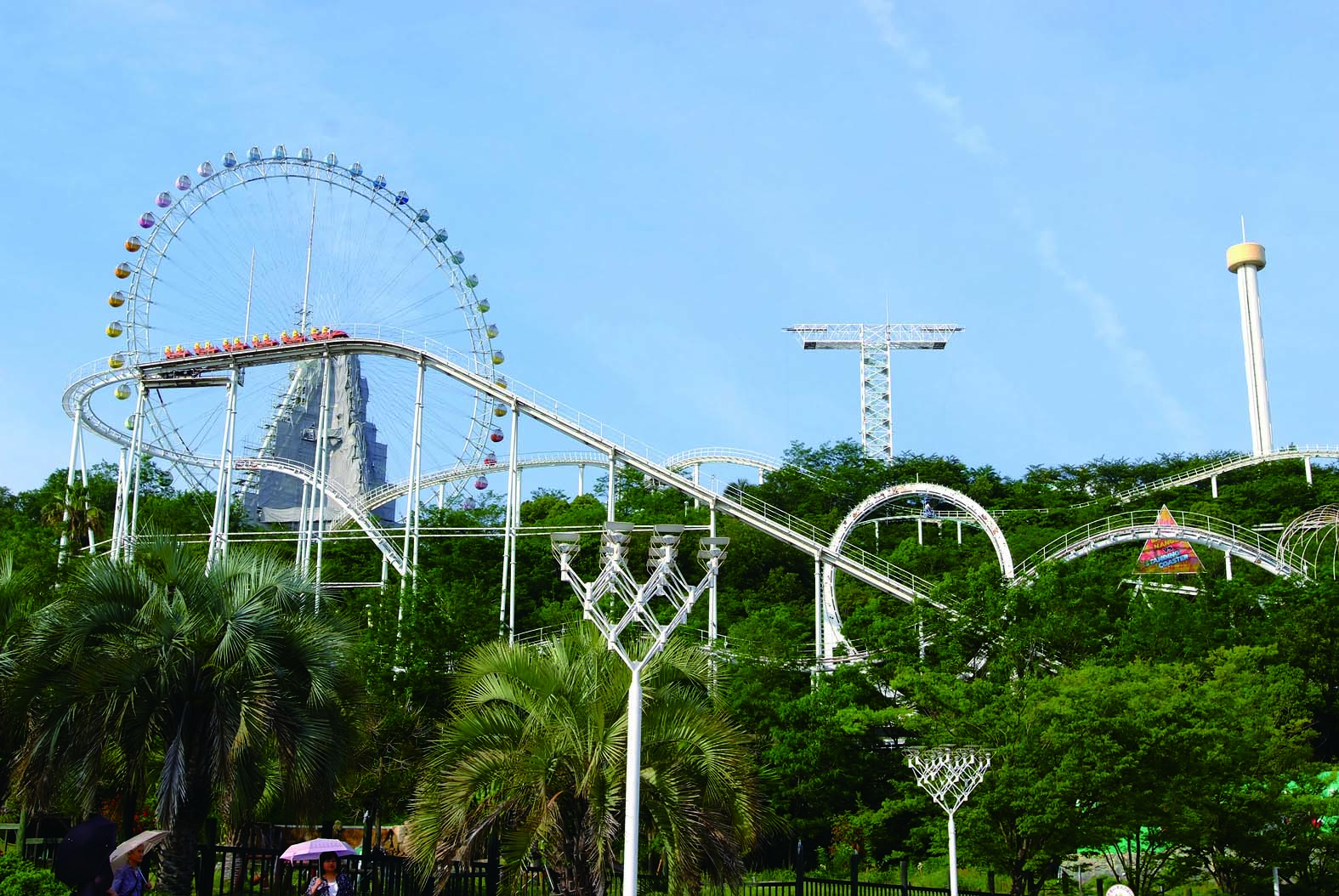
You can enjoy rides and attractions, swimming in a big pool with a spiral slide, and inline skating on a rink at the amusement park with a panoramic view of the Seto Inland Sea.
The main attraction, Samba Show, takes place every day.
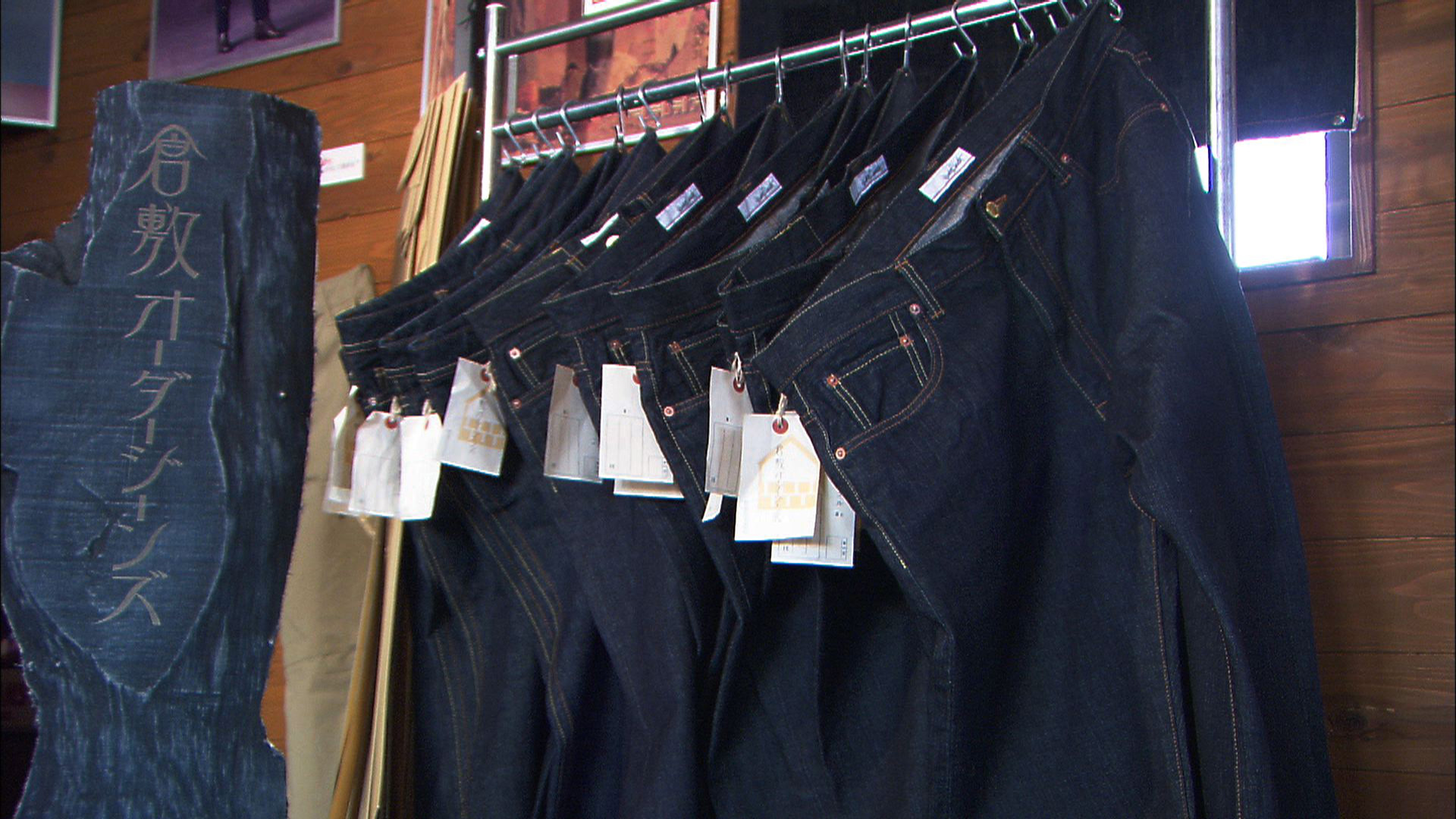
Please see the Kurashiki Sightseeing Web for details.
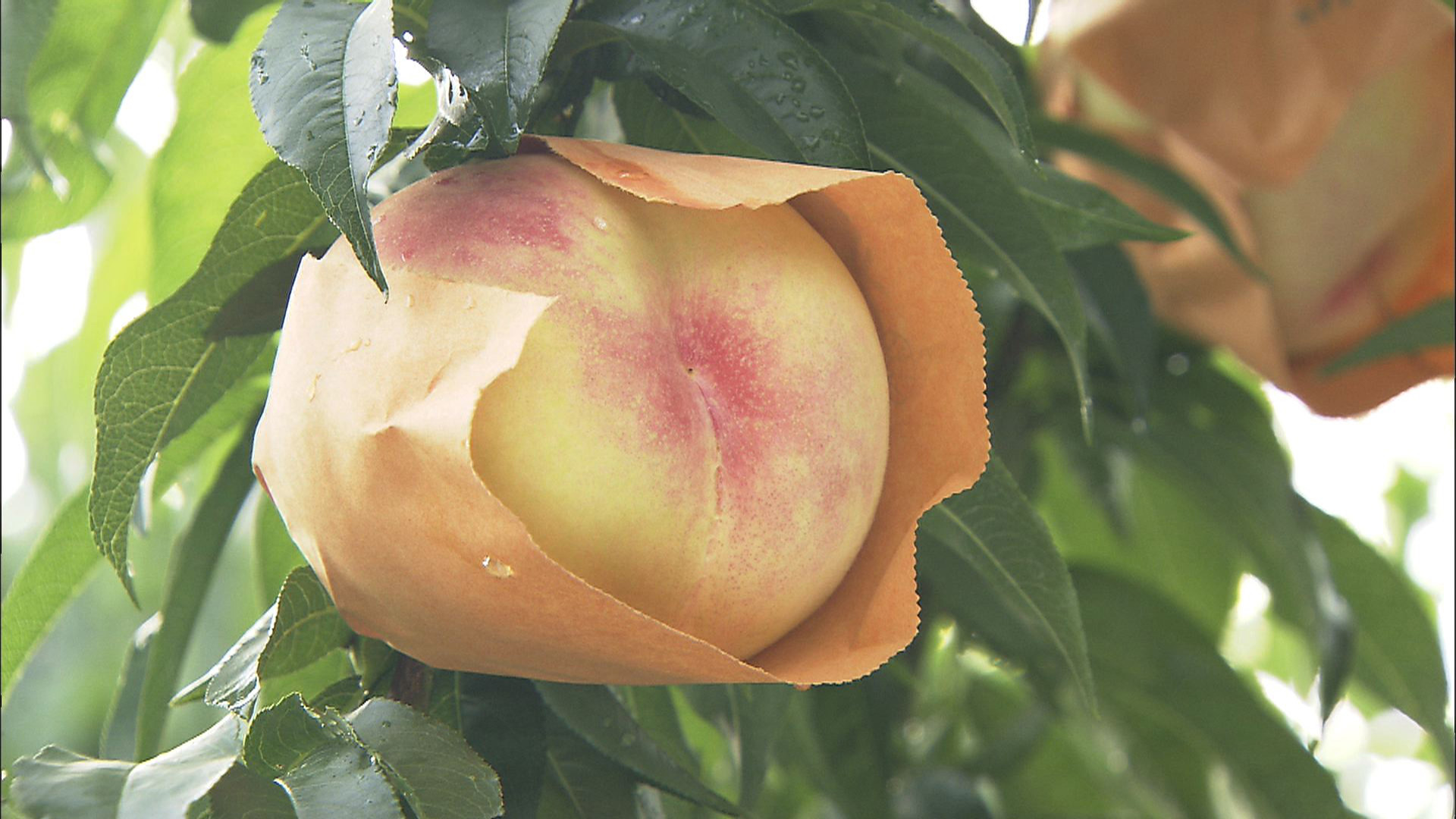
Please see the Kurashiki Sightseeing Web for details.
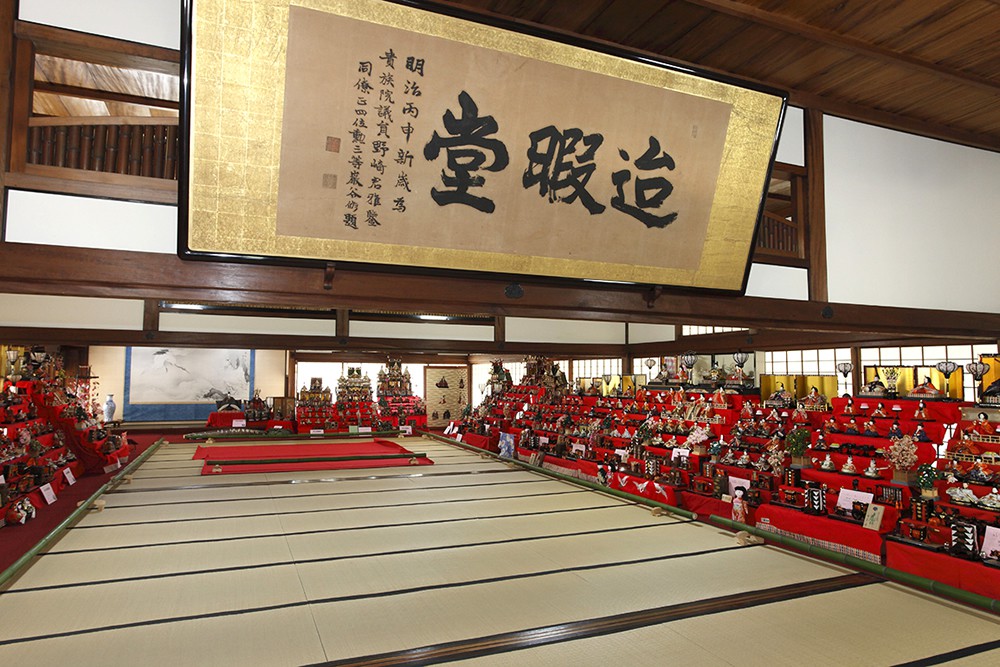
In early spring, when plum-blossom bloom, Kurashiki City is decorated with various kinds of Hina dolls wearing traditional kimono.
How about taking a trip around Kurashiki City to encounter the Hina dolls, each with its unique features?
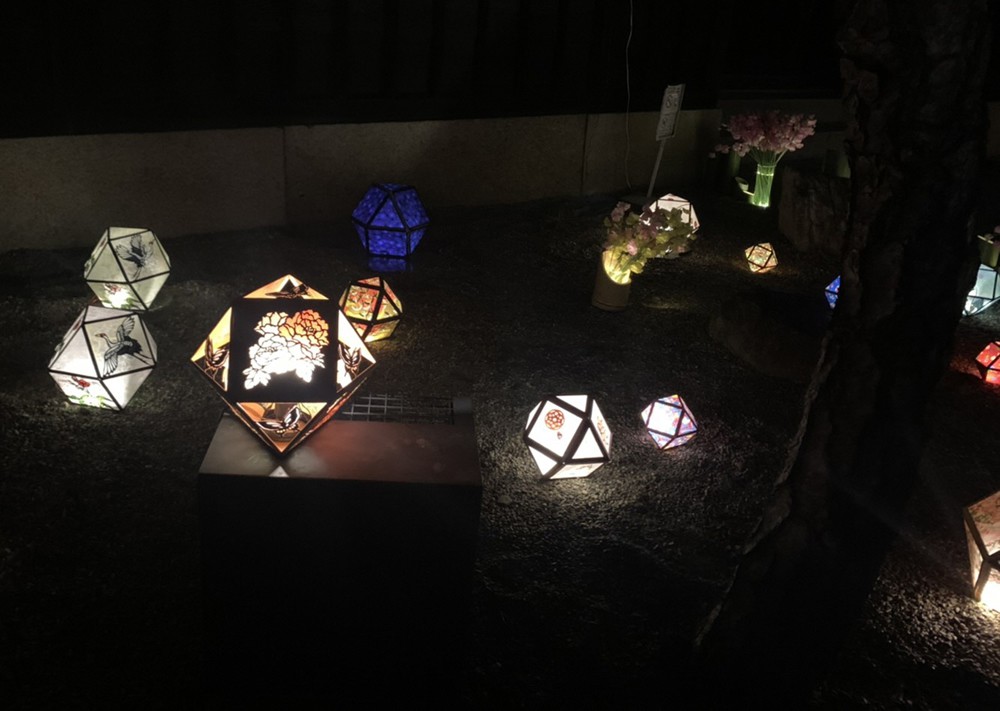
At night, the entire Kurashiki Bikan Historical Quarter is illuminated with traditional lanterns using Kiriko paper hoods, Japanese umbrellas, and shadow pictures. The white-wall streets are surrounded by a fantastic atmosphere.
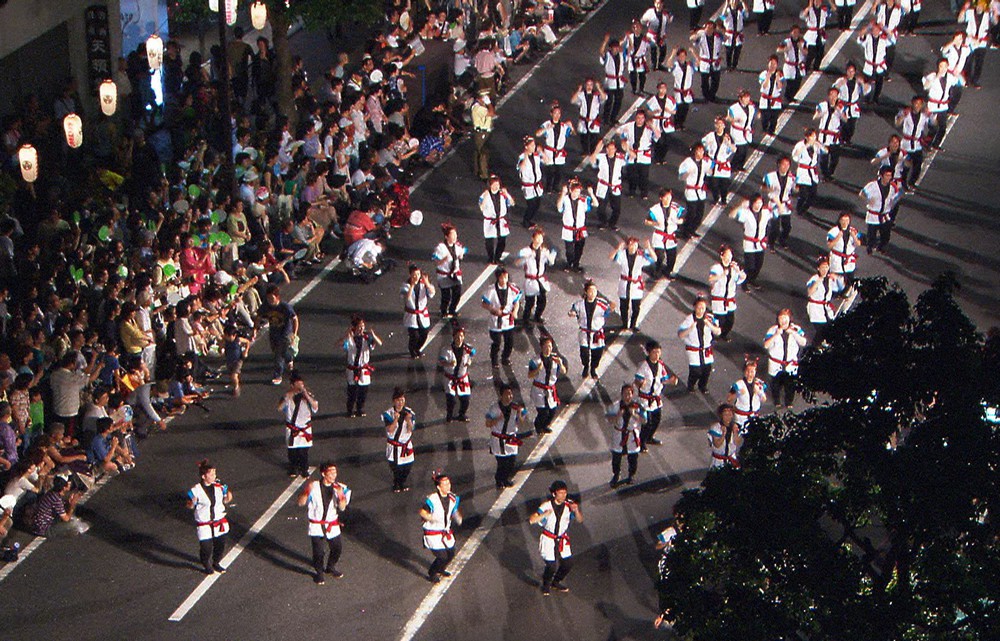
A vibrant summer event is held around the Kurashiki Chuo-dori Street: the Daikan-bayashi Odori dancing parade!
Various lively performances, including a brass band parade and Tenryo Taiko drumming, are conducted.
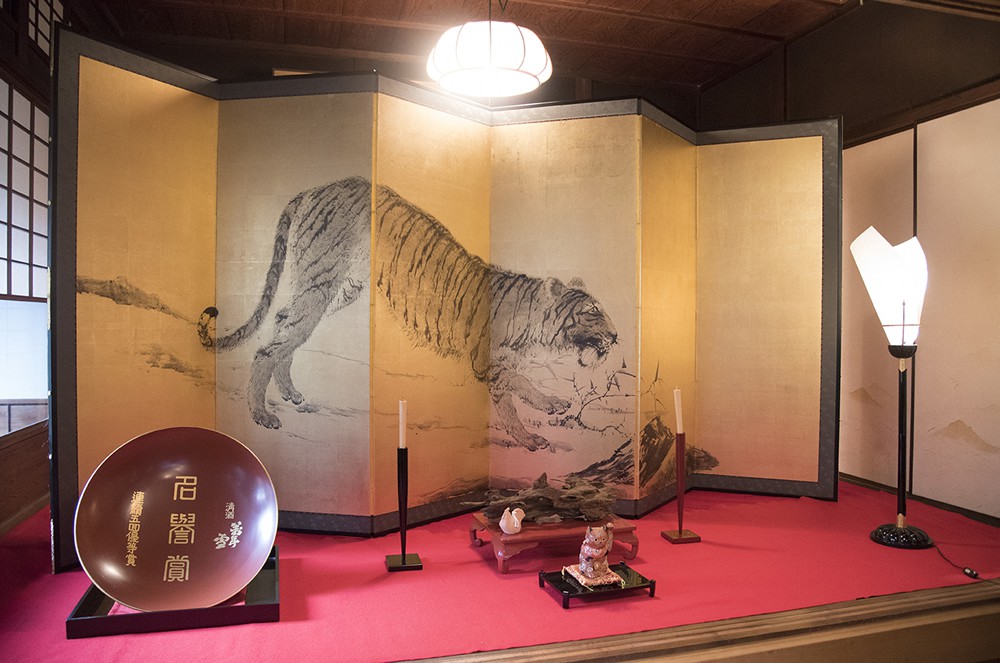
Households in in the two towns of Hon-machi and Higashi-machi retain the atmosphere of an old town quarter with doors opened for visitors. Visitors are welcomed by ikebana flower arrangements on display and precious family heirlooms, including byobu folding screens that have been handed down for generations.
Looking at the beautiful byobu and their indescribable charms will surely remind you of the townscapes of the Edo Period.